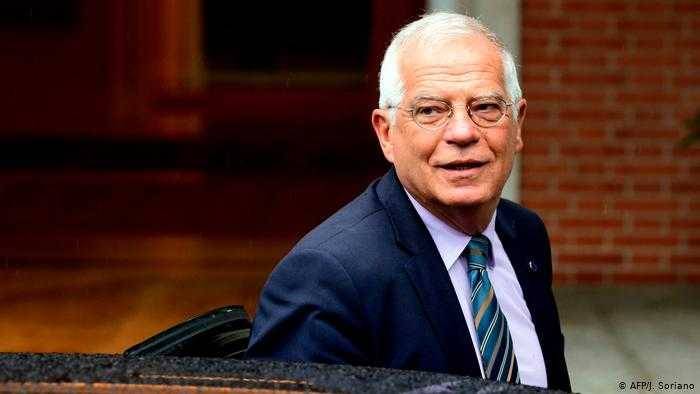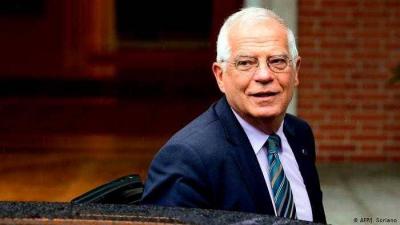The holiday break has ended, along with the brief period of relaxation experienced by the Lebanese alongside their officials. Security in the south has returned to the forefront of political attention, although it has never been absent from the priorities of southerners, who welcomed the New Year amid a barrage of escalating Israeli attacks occurring daily.
The focus on the southern situation comes as a response to warnings issued by French Defense Minister Sébastien Lecornu, who visited the Deir Kifa base in southern Lebanon. There, he held discussions with the Chief of Staff and French troops deployed within the United Nations Interim Force in Lebanon (UNIFIL), and shared dinner with them to mark the New Year. This marks Lecornu’s second visit to Lebanon in two months; he previously visited in November to inspect his country's battalion. He remains apprehensive about the growing intensity of confrontations in the south and the potential for these to spiral into a war that could have catastrophic consequences for Lebanon and the region. Furthermore, it might halt UNIFIL's mission, which he noted is "not in anyone's interest" to cease, according to "An-Nahar."
Lecornu reiterated France's concern for the safety of its troops within UNIFIL, stating during dinner that the mission could become very dangerous, with uncertainties looming in the weeks and days ahead. This recurrent French rhetoric from Lecornu and previously from French Foreign Minister Catherine Colonna reflects significant anxiety regarding the rising prospects of Lebanon entering into conflict with Israel. This may explain the heightened level of French interest and the intensive diplomatic activity being undertaken by Paris through multiple channels, including presidential efforts by President Emmanuel Macron's personal envoy, former minister Jean-Yves Le Drian, as well as various military and intelligence officials who have been traveling between Beirut and Tel Aviv recently in a role described as mediation to open negotiation channels regarding the implementation of UN Resolution 1701. Thus far, no breakthroughs or progress have been achieved, except for keeping the situation under control, despite both Israel and Hezbollah deviating from their customary rules of engagement.
The Lebanese official response to French warnings has not been taken seriously, and there has been no appropriate handling of the situation. However, observant political sources did not hide their concerns over the internal lightness with which these warnings have been treated. Prime Minister Najib Mikati returned last evening from London, where he spent the holidays with his family, and received a call from Lecornu during his stay in Lebanon in which they discussed conditions in the south. These sources pointed out that the French statements are clear and highly indicative, signaling that the chances of war are now greater and merely days and weeks away. The sources do not interpret the French words as a desire or preparation to withdraw French troops operating in the south. Instead, they see it as delivering two messages: one intended for the Lebanese side, including a strongly pitched warning for officials and particularly for Army Commander General Joseph Aoun, whom Lecornu met twice. This message emphasizes the necessity to be vigilant and exercise restraint to avoid being drawn into Israeli provocations, especially since Israel today has a stake in opening the southern front against the party.
The second message is directed to the French soldiers, urging them to remain as vigilant and prepared as possible for what the coming days and weeks may bring in terms of adverse developments. The sources suggest that the French statements are not without basis but grounded in ongoing communications between Paris and Tel Aviv, where Paris plays a mediating role with Hezbollah, given the friendly relations that bind it with the party despite disputes regarding the French stance on the Gaza war.
Lecornu's warnings coincide with a report from the British newspaper "The Guardian," which considers that the Gaza war is merely the beginning and that the most dangerous flashpoint is Israel's northern border. There are many reasons to believe that the previously controlled escalation due to American and Western pressure has now become a genuine threat, prompting French President Emmanuel Macron to call on Israeli Prime Minister Benjamin Netanyahu during their meeting to impose a permanent ceasefire in Gaza.
Alongside the French initiative, "An-Nahar" has learned that the High Representative for Foreign Affairs and Security Policy in the European Union, Josep Borrell, will visit Beirut and meet with Mikati next Saturday at the Grand Serail as part of the European effort to curb the escalating tensions in the south.




